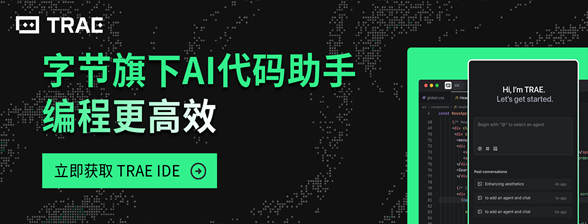Last week, The Atlantic made public a novel tool for seARChing LibGen.Allegedly, Meta utilized this database to train its AI models. This has givenrise to extensive concerns since LibGen holds numerous unpublished works.
Writer Maris Kreizman disclosed in an article for Literary Hub that herupcoming essay collection was detected within this database. Kreizmanmentioned that her collection is scheduled for release on July 1st, yet Metahad already accessed and employed her work for AI model training. This isastonishing as such practices are highly uncommon in the publishing realm.Usually, digital coPies of unpublished works are accessible on legitimateplatforms like NetGalley and Edelweiss, which have stringent usage terms.
This is not an isolated case. With the progress of AI technology, anincreasing number of creators are anxious about unauthorized use of theirworks. Kreizman’s discovery has initiated a more extensive dialogue regardingcreators’ rights, intellectual property, and how to safeguard these rights inthe rapidly changing AI landscape.
For numerous authors, the unauthorized use of their unpublished works not onlyshows disrespect for their creative efforts but may also harm their careers.The incident also brings up questions about the data sources Meta uses totrain its AI, especially in terms of compliance with legal and ethical norms.
Key takeaways:
- Meta stands accused of using unpublished books to train its AI models without authors’ consent.
- Writer Maris Kreizman was astounded to find her essay collection in Meta’s database.
- The incident has spurred widespread debate about creators’ rights and the legality of AI training data.


